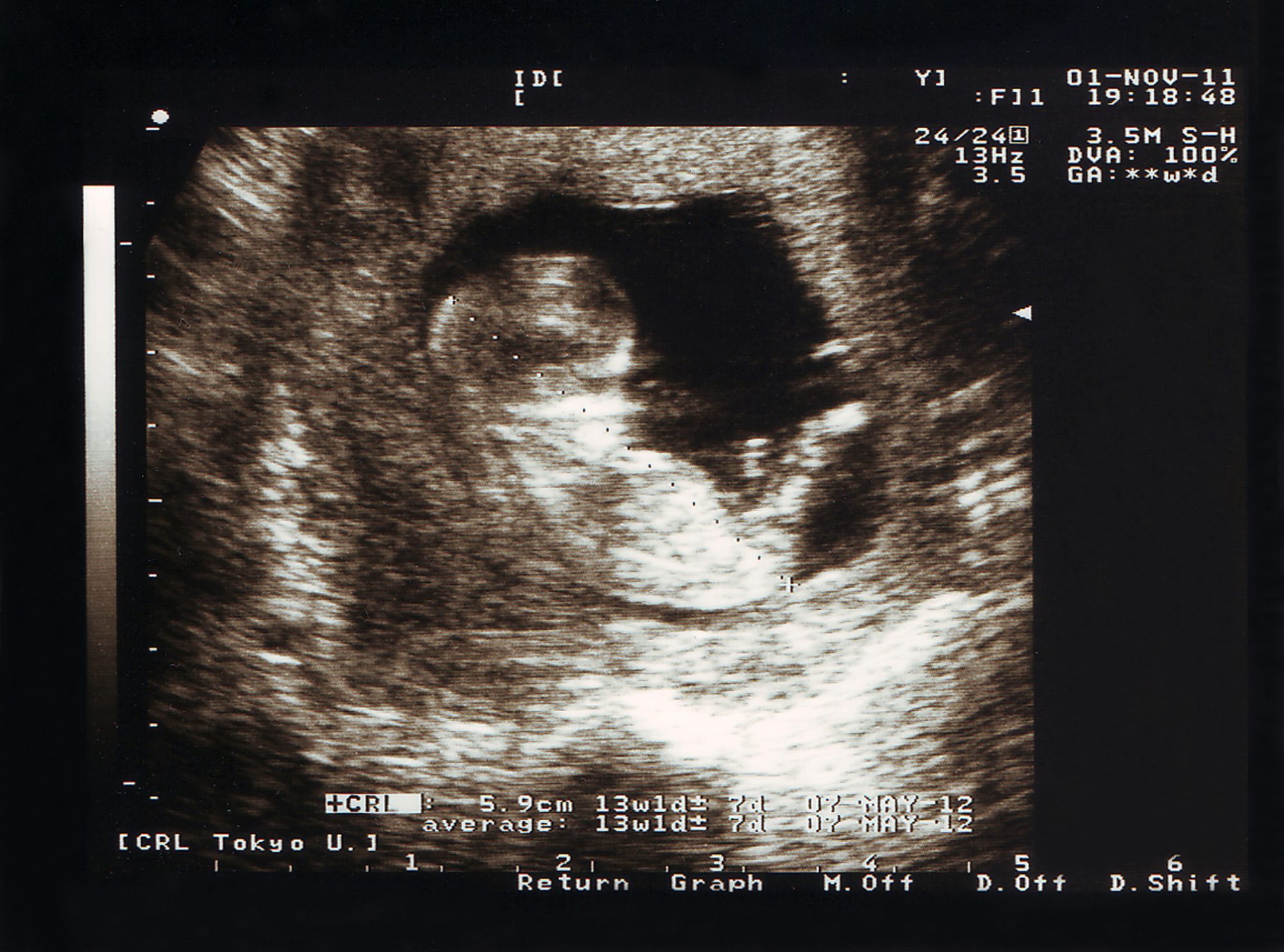When it comes to overturning Roe V. Wade, less than 15% of people support fully restrictive abortion legislation – with traditional gender role attitudes as a predictive factor
Abortion is one of the most divisive concepts in the US today, with immensely strong feeling on both sides of the issue.
Roe V. Wade at risk from wave of anti-abortion sentiment
According to a leaked document obtained by Politico, the US Supreme Court drafted a majority opinion which proposes the overturning of Roe v. Wade. This move would open the door for states to implement fully restrictive abortion legislation, as seen in Texas and Oklahoma.
Roe v. Wade, a landmark US Supreme Court decision in 1973, ruled that a pregnant woman could choose an abortion – without Government intervention in her decision. In the final ruling, the court agreed that abortion was protected by a woman’s right to privacy through the 14th Amendment to the Constitution.
Before the judgement of Roe that replaced state law, atleast 30 states still criminalised abortion.
Gender is not strictly linked to either pro-choice or pro-life opinion
Prior to this moment, researchers have always attempted to define the elements that are responsible for pro-life and pro-choice opinions on abortion legislation. A growing body of evidence links Conservative ideology to pro-life stances, but surprisingly, gender is not a strong indicator of abortion opinion.
Dr Danny Osborne, first author and Associate Professor of Psychology at the University of Auckland, links “benevolent sexism” to pro-life opinions – among several other factors. The research, published in Advances in Political Psychology, analyses multiple elements that shape abortion perspectives in the US and New Zealand.
The team found that 43.8% of participants consistently have “unconditional support” for a woman’s right to choose – whether the need for abortion was traumatic or elective. 85% of Americans supported abortion for trauma-based reasons – including severe fetal abnormalities and risk to life.
Only 14.8% of Americans are consistently “pro-life” in all scenarios, including traumatic outcomes.
43.8% of participants consistently have “unconditional support” for a woman’s right to choose
The authors point out that this minority of opinion suggests that restrictive abortion legislation is not aligned with the opinion of the general population.
Openness to Experience, one of the big five personality traits, was roughly three or more times stronger in those who support “pro-choice” abortion legislation.
The data confirmed that gender is not directly responsible for “pro-life” or “pro-choice” stances, which led the researchers to further explore the relationship of traditional gender roles when it comes to abortion.
Lead researcher says that abortion restrictions have worst impact on the poorest families
Speaking exclusively to Open Access Government, Dr Osborne said: “One other thing I’d note is this is such a monumental ruling that will have implications for decades to come. True, many people are rightly looking at the precedent this sets for other controversial issues passed of late, as well as the immediate reversal of women’s reproductive rights in many states (which will disproportionately effect the poor, as the wealthy could travel out-of-state for an abortion).
“These are some of the obvious immediate implications of this ruling. But it goes alongside with changes to sex education classes (e.g., abstinence only being required, but not information on contraception) that have occurred over the last few years.
“So, teenagers are going to be less informed about reproductive issues and have less legal access to abortion (wealthy families will of course be able to cross state lines to obtain abortions where it’s legal, whereas those from disadvantaged backgrounds will be forced to carry their pregnancies to term).”

What is ‘benevolent sexism’ and how does it shape the abortion debate?
According to the authors: “Benevolent sexism reveres and offers protection to gender- conforming women who have restricted societal status and power (e.g., homemakers and mothers).”
Benevolent sexism places the right kind of woman on a pedestal, encouraging women to hold less power and embrace limitation by rewarding this behaviour with social acceptance.
The authors say that “reverence and protection” is reserved for women who fulfil traditional gender roles, like sacrificial mother. This mother is expected to be altruistic about difficulties of birth that could take her life, or to weather the mental and physical impacts of a pregnancy stemming from sexual assault. Women who turn away from this gender role are thus seen as “shunning the very roles and responsibilities that give rise to men’s adoration.”
This study reveals that benevolent sexism is a better predictor than gender when it comes to support for “pro-life” stances.
While this sugar-coated form of sexism is separate from hostile sexism – “antipathy towards women who violate traditional gender roles and contest men’s societal status and power” – both forms lead to gender inequality.
The authors conclude: “The reverence and security benevolent sexism seemingly promise women helps to explain why views on abortion remain divisive across the globe, why these attitudes continue to restrict women’s freedoms, and why these restrictions are so hard to combat.”











